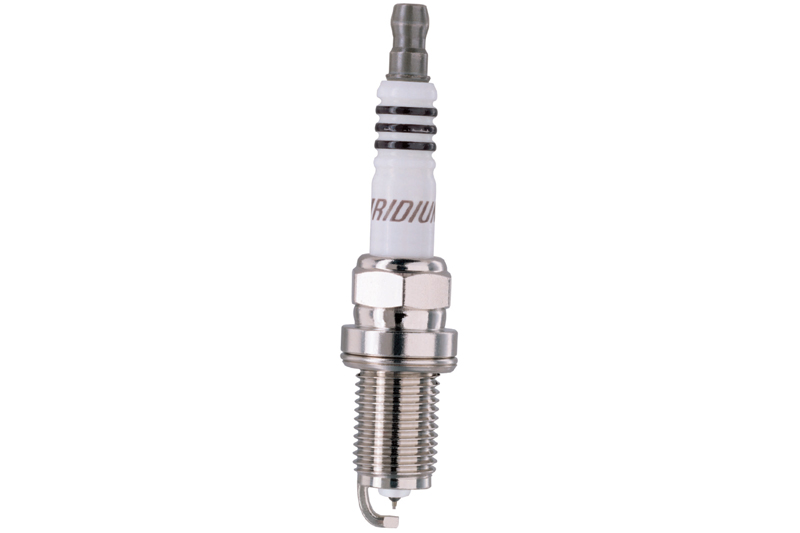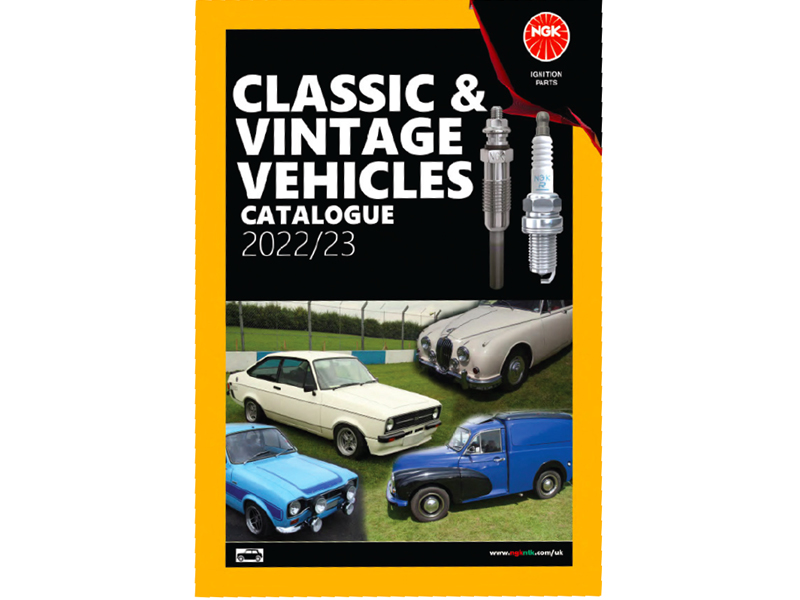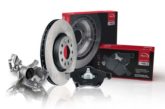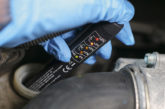
The newly christened Niterra UK – formerly NGK Spark Plug – explains what it is doing to support workshops servicing the classic car market.
It’s generally a widely held view that any car manufactured after World War II, or more than forty years old is a ‘classic car’. Whatever the definition, one thing is certain, it is a massive sector worth billions of pounds. One company that helps keep these much loved vehicles on the road is Niterra UK – which has changed its name from NGK Spark Plug – with its respected NGK ignition components.
Full details of the NGK range plus tips and application advice is incorporated in its classic and vintage vehicles catalogue 2022/23 which has been compiled by its technical team and can be downloaded from the downloads section within the part finder sub-site on the company’s website: WWW.RDR.LINK/AAX019.
The catalogue contains vehicle specific part numbers and stock numbers for a wide range of classic and vintage cars, including any upgrade plug options. Some obsolete part numbers are also retained, to enable owners to try and source them elsewhere.
Marketing manager Mark Hallam said: “What we are doing as a company is basically helping to keep these classic cars on the road. Our catalogue contains not just parts numbers and stock numbers but additionally details of spark plug upgrades as our iridium spark plugs have greater fouling resilience and can be fitted to classic cars, which some owners may be unaware of, or sceptical.
“In some cases, installation of our iridium and platinum precious metal spark plugs can mask potential issues arising from poor ignition system performance, poor fuelling control that may lead to fouling, higher ignition coil loads and increasing unwanted emissions, making precious metal spark plugs advantageous for fitting to classic cars.
“They may be more expensive and some owners may be reluctant to spend £17 rather than £7 for a spark plug, but these can help prevent problems.”

Spark plug selection for classic engines
Advice
Classic and vintage engines are, by their very nature, less likely to be used as everyday vehicles. If fuel is left unused for a prolonged period, then the fuel can become ‘stale’ over time. When the engine is attempted to be started, the stale fuel can wet foul spark plugs and fail to start.
A sensible precaution to prevent this issue is to drain any fuel from the vehicle before storage. Modern fuels can be susceptible to degrading more quickly, becoming harder to ignite after a short period of time, often within only a few months. The introduction of higher ethanol content into forecourt fuels has created additional concerns.
Resistor
Many older ignition systems are based on lower voltage magneto set-ups. NGK resistor plugs use a high-quality ceramic material for the resistor construction, which provides a very stable resistance level, typically 5k ohms. A magneto ignition system can still generate thousands of volts under normal running conditions, which is more than capable of operating with resistor plugs. The actual level of resistance at the electrode gap under combustion chamber pressures is far greater than any resistor installed in a spark plug.
Resistor plugs can and are used by many owners with this system without any issues, providing the ignition system is in good condition. Some owners successfully use the modern NGK iridium ‘IX’ range of spark plugs in conjunction with magneto ignition systems. One advantage of the ‘IX’ range is the use of a very fine-wire centre electrode (0.6mm diameter), which requires less voltage to create a spark, beneficial when using a low powered ignition system.
Counterfeit parts
Classic car owners are advised to be aware of counterfeit products in the market-place and should always source NGK components from a reputable source. The risk of blowing up an expensive engine rebuild for the sake of saving a few quid is not worth it.
Although not a regular occurrence, it has become more common due to the popularity of online sales and it is inevitable that dubious companies may try to cash in on the NGK brands’ established quality reputation.
Thankfully, the UK market has had very few confirmed reports of this problem. Copies can be very deceiving in appearance, but they can significantly underperform genuine NGK products (over-heating, fouling, breakage) and can result in engine damage.









